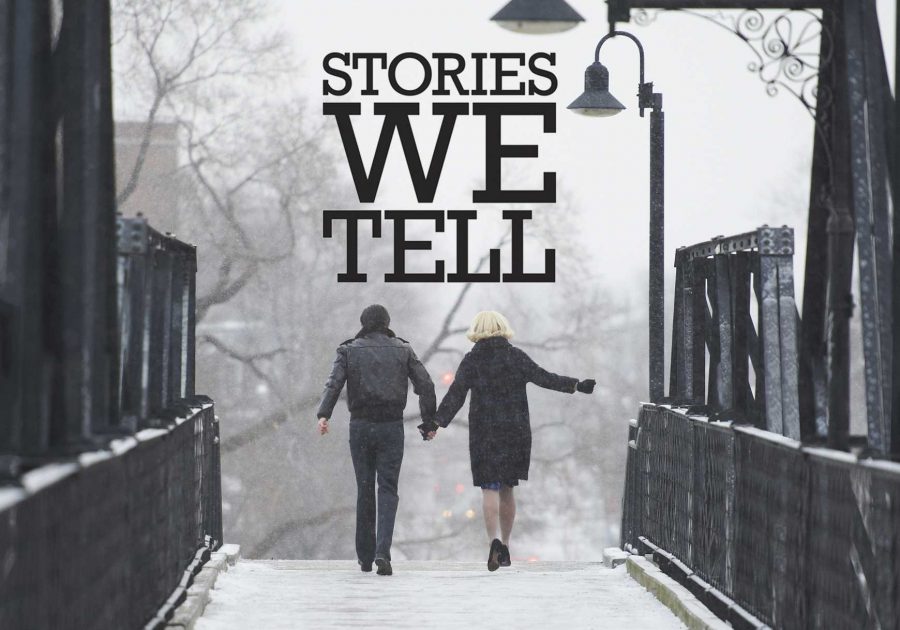Sarah Polley’s new documentary “Stories We Tell” is somewhat hard to describe by simply relaying the plot. Polley has had success directing narratives with “Away From Her” (for which she was nominated for an Academy Award) and last year’s “Take This Waltz,” but here she crafts something completely unique, not necessarily in the story that is told, but the way in which it’s told.
Polley brings all of her relatives and family friends together to uncover a story about her late mother, a story you’re really better off knowing very little about before seeing it. It’s an interesting, somewhat-conventional story, but the way Polley relates it to the audience is what makes it special. Firstly, she uses a combination of interviews, archival footage and re-enacted imitations of that footage to convey the lives and characteristics of her family members.
That’s all great, a blend of multiple storytelling techniques to tell one particular story, but where things become really interesting is simply in those interviews, and the way the different people tell their stories. Polley’s father, Michael, might tell something differently or disagree with a detail that her brother Mark might have remembered. Each of the interviewees has a slightly different perspective, influenced by their own place in the story, and out of their mouths the story becomes entirely different.
So all of a sudden, a story that could even feel generic and contrived (despite being completely true) all of a sudden becomes interesting and original. Despite that, the film still seems vastly overlong, and could certainly have a good 15 minutes cut out from the middle of the movie. It started to lose me the longer it went, and although it managed to get me back with a strong emotional hook toward the end, it was worse off for it.
“Stories We Tell” is still a remarkable movie, both as an experiment in storytelling and a reflection on familial relationships. With the recent passing of critic Roger Ebert, I remember one of his most famous quotes:”It’s not what a movie is about, but how it is about it.”
4/5 Stars



